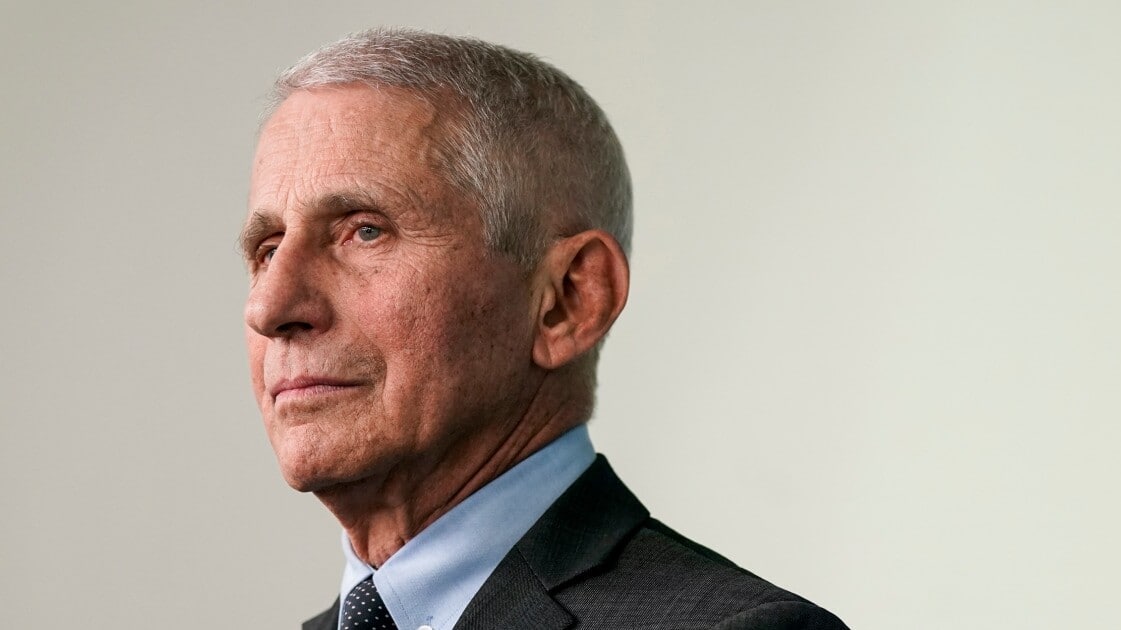
What's West Nile virus that US scientist Anthony Fauci contracted
What's the story
Dr. Anthony Fauci, the former chief medical adviser to President Joe Biden and former director of the National Institute of Allergy and Infectious Diseases (NIAID), was briefly hospitalized this month due to West Nile virus infection.
A spokesperson confirmed his condition on Saturday, stating that he is now home and recuperating.
The 83-year-old health expert likely contracted this mosquito-borne disease in his backyard, leading to a week-long hospital stay marked by fever, chills, and severe fatigue.
Disease spread
West Nile virus: A widespread concern in the US
The West Nile virus is an enveloped, single-stranded RNA arbovirus that can cause disease in humans, according to the National Institutes of Health.
Every year, around 1,000 Americans are hospitalized with the most severe type of West Nile virus.
As of August 24, there have been 216 reported cases across 33 states in the US.
Out of these, 142 were neuroinvasive, a severe form that can cause inflammation of the brain or membranes surrounding the brain and spinal cord.
Disease impact
Symptoms and severity of West Nile virus
In most cases, the infection is mild.
Approximately 20% of those infected with the West Nile virus may experience flu-like symptoms such as fever, headache, body aches, joint pains, vomiting, diarrhea or rash.
In rare instances, it can lead to severe illnesses including inflammation of the brain or spinal cord.
Currently, there is no vaccine or specific treatment for the virus.